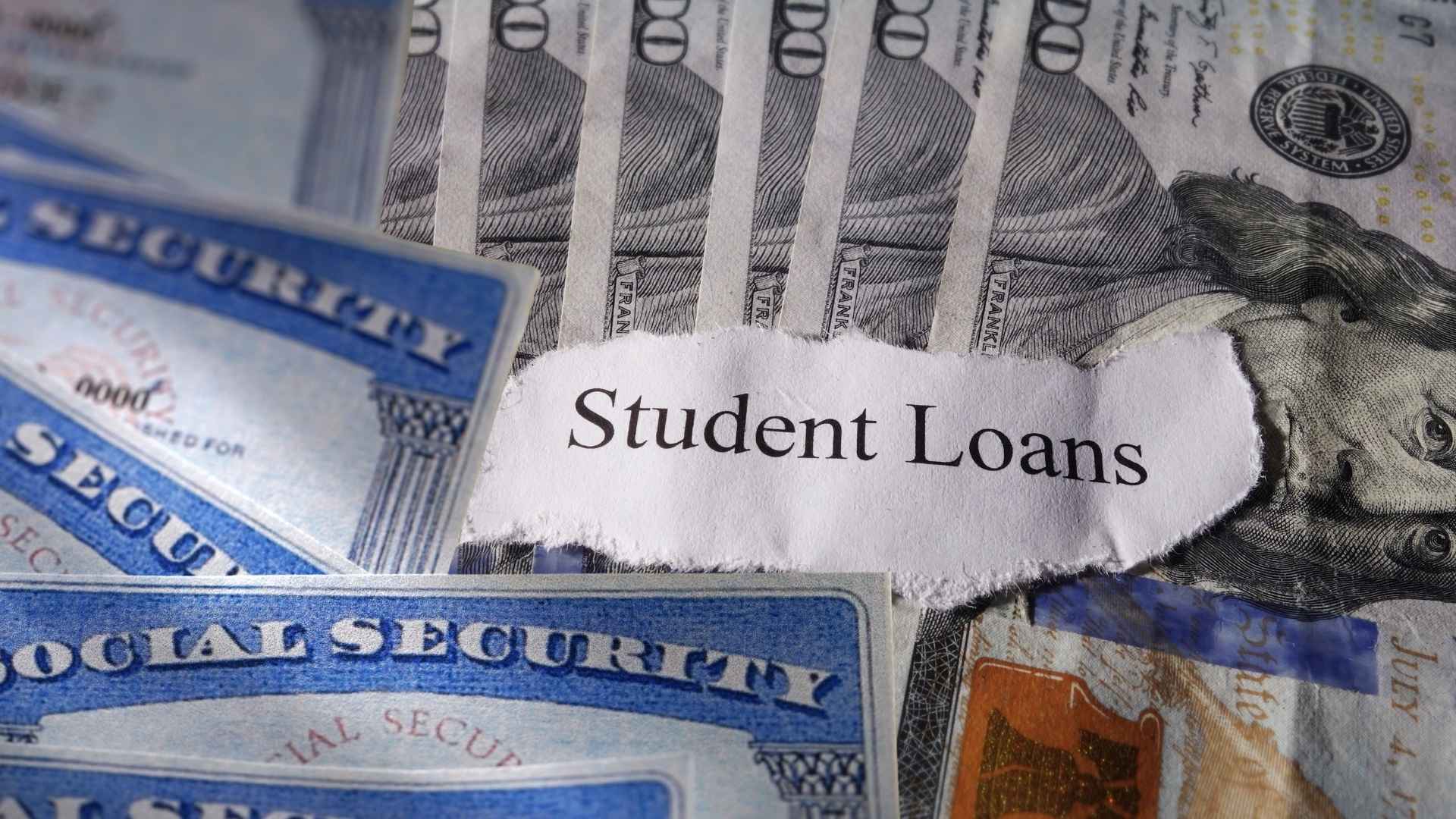Elderly Americans who rely on Social Security to cover daily expenses could soon see smaller monthly checks. Federal authorities have resumed garnishing benefits to recoup unpaid student loan debts, raising widespread concerns.
Millions of borrowers are once again subject to these collection efforts, and approximately 425,000 are 62 or older. For seniors already living on fixed incomes, this development may lead to significant financial strain. Officials say the Department of Education’s move highlights a growing national issue: Social Security, although generally protected, can be tapped to settle certain federal obligations.
Why the resumption of federal student loan collections may impact older Americans
The return of these collection actions means any borrower in default risks having up to 15% of their monthly Social Security check withheld. While most debts—such as credit card balances or medical bills—cannot touch Social Security, federal student loans are a noteworthy exception. This fact has triggered alarm, especially among retirees who face limited income sources. Are you worried about how this might affect your budget?
When your Social Security benefits can be garnished and how much you might lose
Financial regulations protect Social Security from many types of garnishment, but specific government debts are exempt from these safeguards. Outstanding federal student loans, unpaid taxes, child support, and court-ordered restitution can result in deductions from your monthly payments. Here’s a quick look at potential garnishment rates:
| Type of Debt | Possible Garnishment % |
|---|---|
| Federal student loans | Up to 15% |
| Unpaid federal taxes | Varies by case |
| Child support or alimony | Up to 50-65% |
| Court-ordered restitution | Amount set by court |
Recipients may keep a monthly minimum of $750 for federal debts, but no such floor exists for child support. This means some individuals could be left with only a small portion of their Social Security benefits to cover essential costs like rent and groceries.
Steps and safeguards to protect your monthly Social Security payment from garnishment
Experts advise anyone behind on student loan payments to contact their servicer. Rehabilitation programs or consolidated payment plans might prevent future benefit cuts. In fact, financial counselors recommend that older borrowers address these issues before garnishments begin, as it’s easier to negotiate feasible repayment terms. Have you spoken with a trusted advisor about your options yet?
Resumed collection efforts underscore the importance of staying informed about how federal debts can affect Social Security. Even small garnishments may dramatically impact a retiree’s quality of life. If you are facing or suspect potential benefit deductions, reach out to your loan provider or a professional advisor to evaluate payment solutions. Taking proactive measures now could mean better financial stability in the long run.

